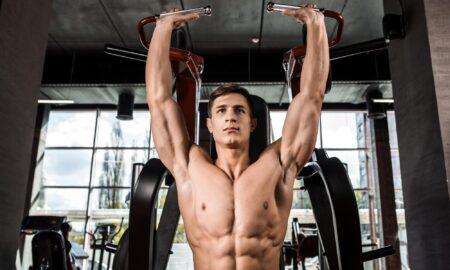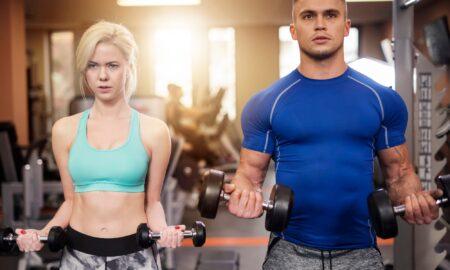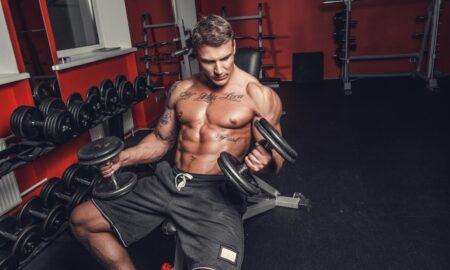Anybody who has ever touched a weight knows the feeling…
It happens the first time you do squats or deadlifts…the first time you do negative-only training…the first time you do an exercise you’ve never done before…
Ironically enough, as painful as this feeling sometimes is, it can actually be quite addictive. Many people I hear from actively seek out ways to make themselves sore because they love that feeling of soreness. To them, it’s an indication that they’ve made progress…that they’ve accomplished something in the gym.
Without that soreness to give them feedback, some people feel they haven’t really done enough.
This has led to some pretty insane training methods and programs, let me tell you…
But here’s the deal…even though I’m personally known for creating unique exercises and programs that no doubt result in a lot of muscle soreness, the major goal of these unique techniques is not to make you sore.
My goal is not to induce soreness but to induce a training effect on the muscles through the application of unique training methods.
Pain is never the goal. Adaptation is the goal.
So, is muscle soreness required in order to achieve a muscle-building effect on the body?
No.
Simple as that.
I won’t get into all the specifics of how muscle soreness comes about (there actually is debate on the mechanisms by which Delayed Onset Muscle Soreness operates) but muscle soreness is simply an indicator that you’ve done something your body is not used to.
It can be an indication that what you’ve done will result in muscle growth but there is no guarantee. I can make a person sore from doing a set of 100 reps on the bench press but do you think that will result in significant muscle growth? The load simply isn’t great enough.
Muscle growth is a result of loading your muscles with greater resistance/tension than they’re accustomed to. This creates the need for adaptation.
Here’s an example…any professional athlete.
Do you think an athlete who wants to gain muscle will pursue a program where excessive muscle soreness prevents them from practicing or affects the mechanics of their sport?
Absolutely not. Their coaches wouldn’t permit it.
Muscle has no brain. All it knows is when it needs to adapt to a workload greater than what it’s accustomed to. A targeted increase in workload will (generally) result in an increase in muscle mass, when all other factors are accounted for (like nutrition, recovery, etc.).
So where does that leave the trainer looking to build muscle?
Train to improve your performance. Try new techniques, programs and exercises.
Don’t train with muscle soreness as a major goal and don’t worry if a training program doesn’t immediately make you sore. You’ll get results from overloading your muscles, eating enough quality nutrition to support the muscle-building process and recovering enough between workouts.




















3 Comments
You must be logged in to post a comment Login